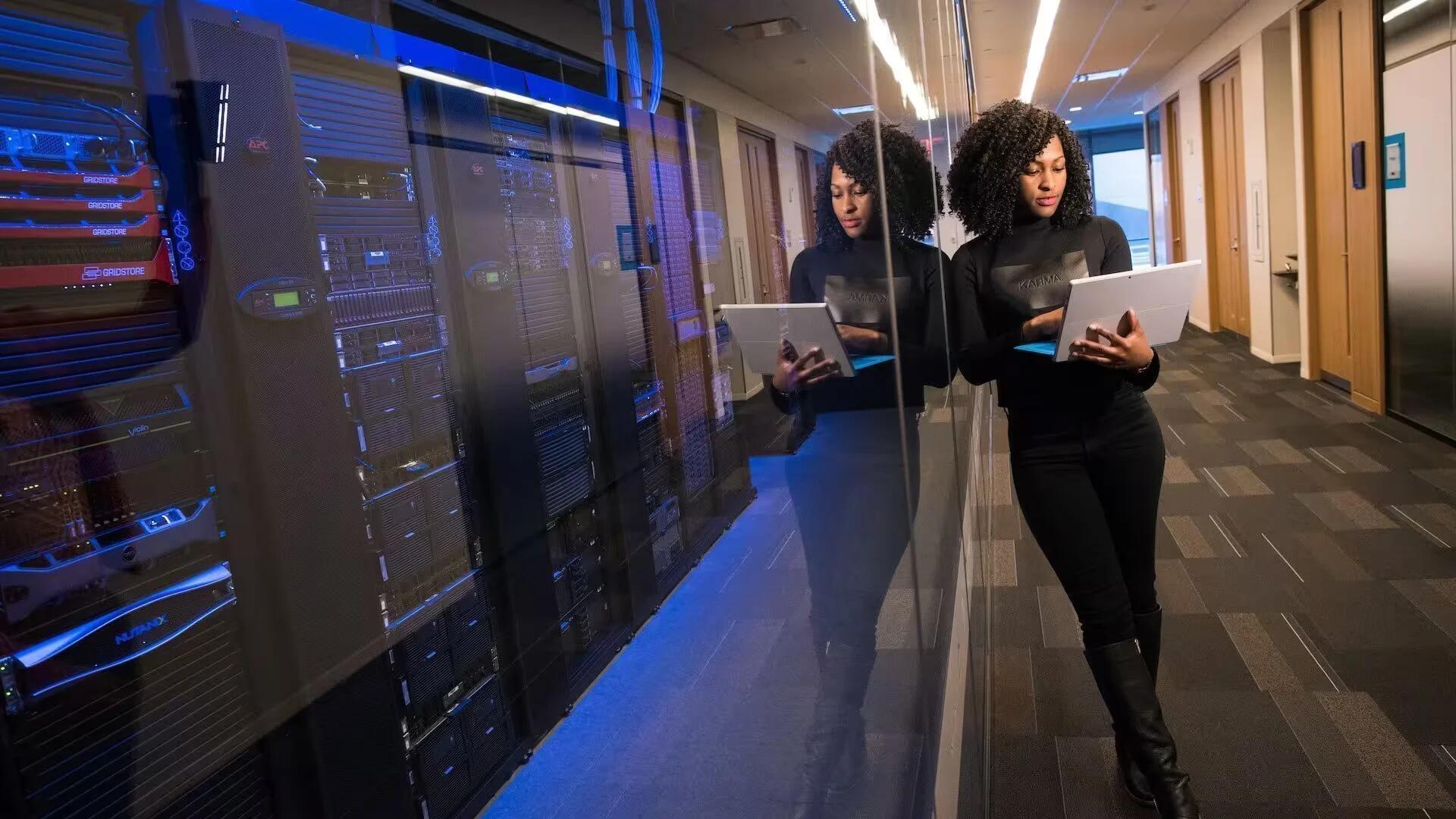In an era where digital transformation is accelerating at an unprecedented pace, businesses must adapt to stay competitive. Enter VDRs, the key to secure and efficient collaboration in the modern world. This article dives into the reasons why businesses require data rooms now more than ever. From remote work to global partnerships, Virtual Data Rooms (VDR) provides the necessary infrastructure for secure data sharing, streamlined workflows, and sustainable growth. Join us as we explore the virtual future and unveil why data rooms are indispensable tools for businesses in today’s rapidly evolving landscape.
Data Security with VDRs
Delving into the realm of nonprofit organizations, an assortment of board portal software emerges, catering to their unique needs. These software solutions offer a sophisticated platform for optimizing governance processes. By embracing this technology, nonprofits can experience streamlined operations and elevated boardroom functionality, enabling them to achieve their missions more effectively.
- VDRs possess remarkable capabilities for mitigating human errors that can arise in the workplace. This exceptional attribute sets them apart from other tools within the corporate network. The prevention of potential errors is accomplished through integrated frameworks or artificial intelligence, which can anticipate the outcome of future tasks. The VDR virtual data room acts as a safeguard, preventing such incidents or prompting verification from authorized personnel.
- VDRs offer the flexibility to establish robust security policies from scratch or seamlessly implement pre-existing ones. This process is automated and efficiently executed, enabling swift implementation. Should any queries or challenges arise, the dedicated professional staff providing customer assistance to VDR owners can be readily contacted for support.
- External Security represents a dynamic concept that aligns with enterprise solutions. Government agencies, recognizing the significance of VDRs in their operations, necessitate a heightened level of security. VDRs possess the requisite licenses and certifications that validate their comprehensive security measures, effectively safeguarding against external breaches and internal data theft attempts.
The contemporary VDR stands as a secure and reliable tool, enabling effortless collaboration. Software developers in this arena continuously enhance functionality and bolster security measures to maintain their standing among esteemed businesses that utilize their services. Furthermore, a diverse array of tools dedicated to automating comprehensive business processes, both in the present and future, are readily available for integration within your company.
“Revolutionize your data room experience with our detailed comparison of the best data room software vendors.” Gilbert Waters, co-founder and marketing specialist at data-rooms.org
Benefits of VDRs
What is a virtual data room? This is the most secure keeper of corporate secrets. The VDR brings forth a plethora of advantages that are poised to elevate overall business productivity. It encompasses a diverse range of tools that proficiently manage documentation, personnel, security policies, and other crucial elements, thereby regulating the entire work environment seamlessly. It is imperative to delineate between the core and advanced features of a VDR. The core functions may include:
- Advanced document management is a standout feature within VDRs, offering a seamless blend of manual organization and the utilization of artificial intelligence. VDRs provide an exceptional opportunity to effectively structure every document involved in your workflow. It is imperative to differentiate financial documents from legal documents, and the system diligently indexes them to avoid any potential mix-ups. This meticulous approach ensures clarity and eliminates any potential confusion for both your team and external stakeholders.
- Enhanced data security is a fundamental aspect of every VDR, aligning with strict government regulations and legal requirements. Security is not merely an advanced feature but an absolute necessity for corporate usage. VDRs encompass robust security measures, including state-of-the-art encryption that rivals military-grade standards and the capability to establish comprehensive local security policies. These policies enable the creation of roles and individual restrictions, ensuring precise control over storage access and usage.
- The capacity to engage with customers and employees is an inherent feature of VDRs. These platforms provide a dedicated tool for direct communication, enabling businesses to actively listen to their customers and address their needs and concerns. Think of it as an advanced feedback system that ensures transparency, preventing any information from being concealed. Such open communication channels are pivotal for fostering business growth and enhancing customer satisfaction.
There are also certain advanced functionalities that are currently highly sought-after and available to users. You must make a careful virtual data room comparison to discover these features:
- Embracing the concept of Artificial Intelligence (AI), VDRs offer a diverse range of tools that leverage this technology. AI can play a crucial role in document management by automating tasks such as indexing and organizing files with precision. Additionally, AI contributes to bolstering security measures, effectively thwarting hacking attempts, and ensuring data protection. As technology continues to advance, AI will continue to shape various aspects of our lives, including the evolution of VDRs.
- Cross-platform functionality is a key aspect of most VDR tools. However, it is essential to distinguish the level of cross-platform compatibility among different providers. A true cross-platform solution encompasses the availability of dedicated applications designed for distinct operating systems, such as iOS, Android, or Linux.
- Blockchain integration is not a mandatory feature in VDRs, but it is occasionally implemented. One prevalent use case involves the sophisticated handling of cryptocurrencies, which has exhibited reliability across different information systems. By leveraging blockchain technology, the risk of human errors is minimized and the resistance to tampering is significantly heightened.
Conclusion
VDRs offer robust data security measures that protect confidential information and mitigate human errors. They enable businesses to establish and enforce internal security policies while meeting external regulatory requirements. VDRs provide a wide range of benefits, including advanced document management, enhanced data security, and direct communication with customers and employees. As technology continues to advance, the potential for further innovations in VDRs is promising, according to virtual data room reviews. Embracing the virtual future with data rooms is crucial for businesses to thrive in the rapidly evolving digital landscape, ensuring secure collaboration and positioning themselves for success.
